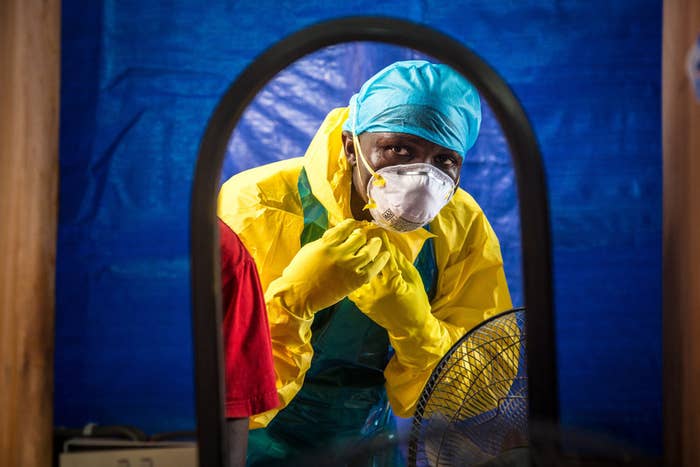On Thursday, Sierra Leone President Ernest Bai Karoma announced that he would lift the quarantine in place due to the Ebola outbreak.

Since the disease began to spread in March 2014, more than 21,700 cases and 8,600 deaths have been recorded in Liberia, Sierra Leone, and Guinea, according to the World Health Organization.
"Restrictions on movement will be eased to support economic activity," he said. "As such, there will no longer be any district or chiefdom level restrictions on movement."
Since its implementation in July 2014, the quarantine closed borders of at least 14 districts and numerous other chieftain tribal areas, and significantly reduced travel for half the country's citizens.
President Karoma noted the "steady downward trend" of Ebola cases and deaths in Sierra Leone, but maintained that other health and safety measures would remain in place, particularly the treatment of the deceased.
"Law enforcement agencies and chiefs are under instruction to ensure that the full force of the law is brought to bear on those who touch or wash dead bodies," he said.
He added that "victory is in sight," but that until Sierra Leone and the other two West African countries most affected by Ebola — Liberia and Guinea — achieved the goal of recording no new cases by March 31, the fight was not over.
"We must not relent."
Ebola's spread began its decline in October, when BuzzFeed News first reported the story from Liberia.
The decrease in cases and deaths has since spread to Sierra Leone and Guinea, where health ministers from both countries have reported that schools will reopen in March.
